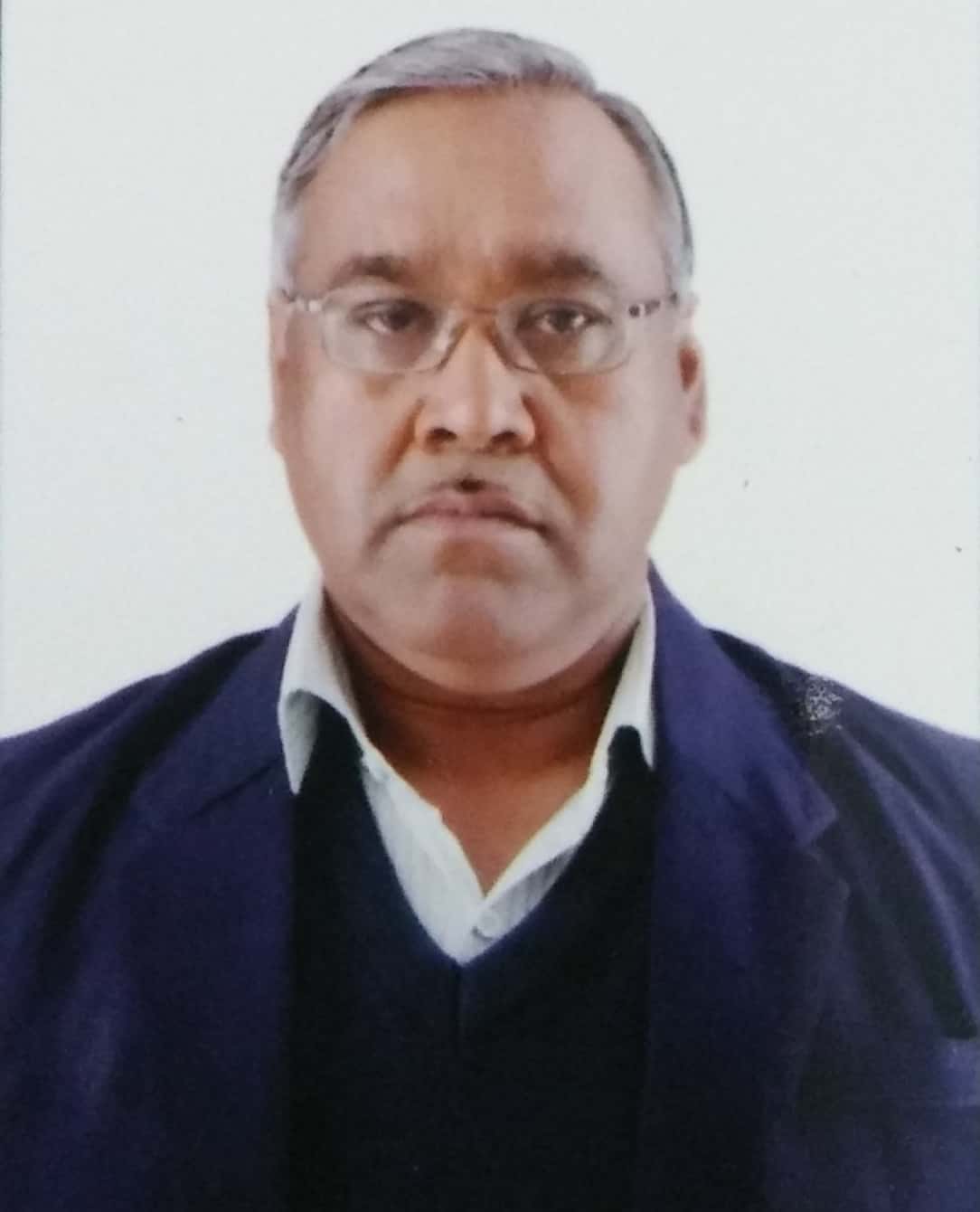About Department

Dr. S.S. Gupta
Professor & Head
Department of Civil Engineering
Mission:
- To offer Under-Graduate and Post-Graduate programmes in civil engineering.
- To develop skill that adds value to student competencies including effective communication.
- To promote quality education, research and consultancy for industrial and social needs.
- To inculcate moral and ethical values among the students and working amicably at work place.
- To nurture national/ international leaders with a strong sense of subject knowledge, public responsibility, surrounding and a pioneering.
- To have regular interaction with industry and offer solutions to their problems.
- To promote innovative and original thinking in the minds of budding engineers to face the challenges of future.
Program Educational Objectives (PEOs) Programme educational Objectives (PEOs) of B.Tech. (Civil Engineering) degree programme are as follows-
PEO1: Produce technically sound engineers having the adaptive skills to serve various government/semi-government and industries.
PE02: Apply nationally/internationally recognized technology and conduct technical research for the development of nation.
PE03: Develop appropriate technologies for the upliftment of the people of rural areas of Uttarakhand and other states of India.
Program Specific Outcomes (PSO)
PSO-1: Ability to show expertise with sufficient technical knowledge to compute, analyze and design Civil Engineering problems.
PSO-2: Ability to undertake research projects to address industrial and societal needs.
PSO-3: Ability to work efficiently as a team member to execute the Design of different types of project related to Civil Engineering.
Program Outcomes (POs)
PO-1: Apply knowledge of mathematics, science, engineering fundamentals and an engineering specialization to the solution of complex engineering problems.
PO-2: Identify, formulate, research, literature and analyze complex engineering problems reaching substantiated conclusions using first principles of mathematics and engineering sciences.
PO-3: Design solutions for complex engineering problems and design system, components or processes that meet specified needs with appropriate consideration for public health and safety cultural, societal and environmental considerations.
PO-4: Conduct investigation of complex problems using research- based knowledge and research methods including design of experiments, analysis and interpretation of data and synthesis of information to provide valid conclusion.
PO-5: Create, select and apply appropriate techniques, resources and modern engineering and IT tools, including prediction and modelling, to complex engineering activities, with an understanding of the limitations.
PO-6: Apply reasoning informed by contextual knowledge to assess societal, health, safety, legal and cultural issues and the consequent responsibilities relevant to professional engineering practice.
PO-7: Understand the impact of professional engineering solution in societal and environmental contexts and demonstrate knowledge of and need for sustainable development.
PO-8: Apply ethical principles and commitment to professional ethics and responsibilities and norms of engineering practice.
PO-9: Function effectively as an individual, and as a member or leader in diverse teams and in multidisciplinary settings.
PO-10: Communicate effectively on complex engineering activities with the engineering community and with society at large, such as being able to comprehend and write effective reports and design documentation, make effective presentations, and give and receive clear instructions.
PO-11: Demonstrate knowledge and understanding of engineering and management principle and apply these to one’s own work, as a member and leader in a team, to manage projects and in multidisciplinary environments.
PO-12: Recognize the need for and have the preparation and ability to engage in independent and life – long learning in the broadest context of technological change.